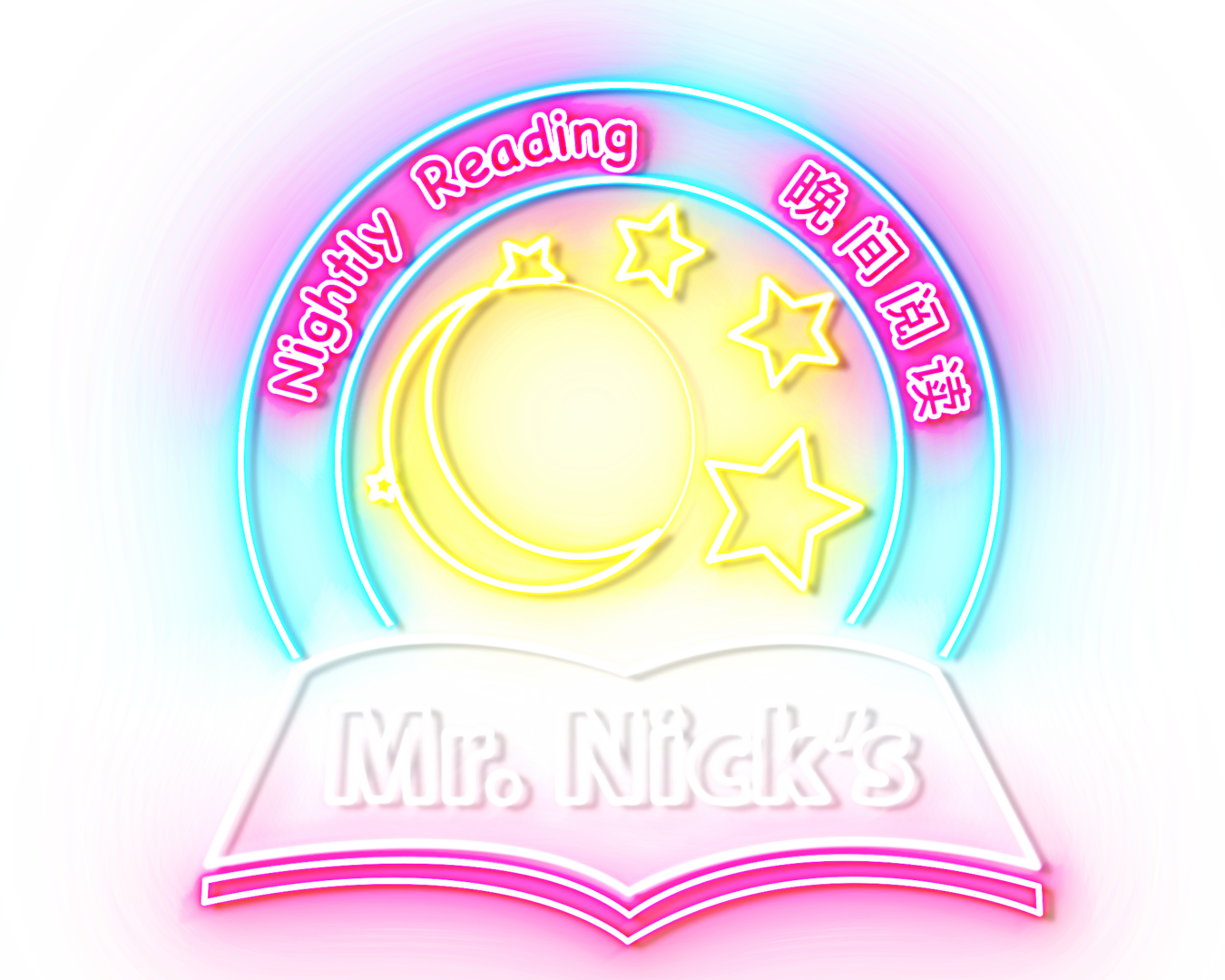Tips for learning English naturally.
Hey, everyone! I’ve been teaching English Language Arts for a long time, now. It’s a fantastic subject, with so many branches out to other topics. It’s really important for anyone who wants to improve their English. Even native speakers should learn it!
But there are some problems that English learners often face when trying to learn English, whether on their own, or in an English class.
Some of the biggest problems they face are:
1. Not knowing how to use vocabulary.
2. Having a limited range of vocabulary.
3. Lacking exposure to the language.
These issues can make it seem impossible to really improve your English. But, with the right guidance, and good training in cognitive skills, you can learn English quickly and painlessly.
Keep reading to find three tips for learning English naturally!
1. Just let it flow.
It’s so easy to get caught up in trying to translate every word you hear, that it’s impossible to catch the real meaning of what’s being said. As anyone who can speak a second language knows, this can be a real pain. But as anyone who can speak a second language REALLY WELL can tell you, the key is just to stop trying so hard to translate, and spend more time interpreting.
What’s the difference? Well. I explain it like this: Translating means translating the meaning of each word and sentence. This is a necessary skill, to be sure, but not ALWAYS the most important. Interpreting will often get you a lot further, a lot faster. Interpreting means to translate the ideas being expressed in the language.
If your friend quits his job, gets a new one, and then misses his old job, you might tell him “The grass is always greener on the other side”. If you were to translate this sentence word-for-word, your friend might think you are telling him to miss grass. How weird! But if you were to interpret this sentence, based on the context of the conversation, you would realize that it means that things always look better when you don’t have them, but when you do have them, they aren’t always as great as you imagined.
So, relax. Take in the whole picture, and you will get a lot further.
2. Read a lot.
Scientists have found that children whose parents read to them every night develop substantially larger vocabulary during childhood than children who haven’t had parents read to them.
Reading lots of books on lots of different subjects is the quickest way to be exposed to many words, phrases, and grammar usages than you would otherwise be exposed to. If you don’t read a lot, you may not even know that many words and phrases exist in the language. Even if you’re a native speaker of English!
So pick up a book and read. If you don’t understand everything, that’s ok. Were you able to understand everything in your native language the moment you were born? Of course not. Which leads me to the final point.
3. Use your environment.
When I lived in Beijing, I knew a lot of foreigners who couldn’t speak a word of Chinese yet could get on just fine with daily life. Modern cities are FULL of English words, phrases, and sentences. If you combine the two points mentioned before, then you will be able to absorb a lot of language just from observing your environment.
Of course, one key skill to being able to absorb language naturally like that is to have strong cognitive skills. So, let’s work on those, together!
Come follow me on Facebook and LinkedIn! Check out my blog for advice and tips! Join me on Zoom Cloud Meeting and Zhumu for live, broadcast classes!
